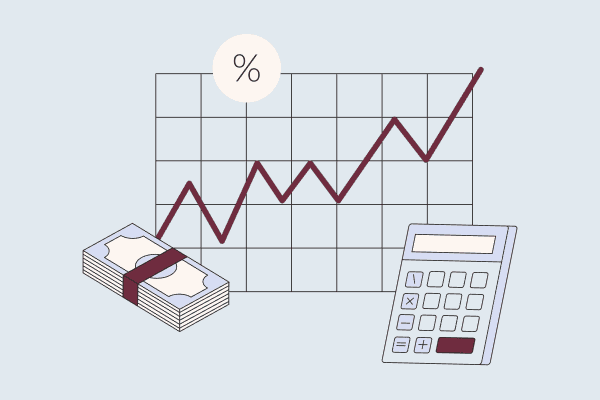Staying on top of industry trends and sectors is important but it can also be overwhelming. Investors face many challenges these days amid unpredictable economic shifts. The key to success in such a dynamic environment often lies in strategic decision-making, and one approach gaining traction is sector rotation. This strategy involves adjusting investments to align with sectors performing well as well as sectors expected to continue to outperform, offering a potential avenue for enhanced portfolio performance. As we close out November 2023, we explore the ups and downs of current sector performance, identify leading indicators, and outline effective sector rotation strategies.
Current Sector Dynamics
As we all know, the economic landscape is constantly changing. Staying on top of these shifts is important for every investor. As of November 2023, certain sectors have performed better than others, with some facing adversity only to bounce back. These sectors stand out as resilient and as potential growth opportunities:
1. Energy: Riding the wave of heightened oil and gas prices fueled by supply constraints and geopolitical tensions, the energy sector remains at the forefront of sector performance. The shift towards cleaner energy sources, including renewables and natural gas, is anticipated to continue boost the energy sector's growth trajectory, making it an appealing long-term investment.
2. Utilities: Providing stability and consistent dividend payouts, utilities stocks have carved a niche as a safe haven for investors during periods of market volatility.
3. Consumer Staples: Despite inflationary pressures, consumer staples companies have showed resilience, catering to essential needs and maintaining stable demand. These stocks are likely to remain appealing to investors during periods of market uncertainty, offering consistent earnings and dividend payouts.
4. Healthcare: Positioned for continued growth with advancements in medical technology and a growing emphasis on preventive care, the healthcare sector is holding its ground. Looking ahead, sustained growth is projected, fueled by aging populations, rising healthcare costs, and ongoing advancements in medical technology.
5. Technology: Despite experiencing many ups and downs, the technology sector's long-term growth potential remains intact, fueled by technological advancements and the increasing adoption of digital solutions. The sector is expected to maintain its dominance despite its volatility, driven by ongoing technological innovation, increasing digitization, and the development of emerging technologies such as artificial intelligence and cloud computing.
Sector Rotation Strategies
Effective sector rotation is not a one-size-fits-all approach; it requires a careful and strategic approach. Here are key considerations for investors:
- Diversification across Sectors: Spread investments across various sectors to mitigate risks associated with individual sector performance fluctuations.
- Sector ETFs: Consider using sector exchange-traded funds (ETFs) for a convenient and cost-effective way to gain exposure to specific sectors. This allows for easy rebalancing and monitoring of sector trends.
- Actively Managed Funds: For those seeking hands-on expertise, actively managed funds can provide an edge in selecting stocks within a sector, potentially leading to superior performance compared to passively managed ETFs.
- Technical Analysis and Fundamental Research: Employ a combination of technical analysis to identify market patterns and fundamental research to assess company fundamentals. This information can inform well-rounded sector rotation decisions.
In the world of investment, sector rotation has emerged as a powerful tool for navigating the ebbs and flows of the market landscape. By identifying leading sectors, using effective strategies, and prioritizing risk management, investors can take advantage of the opportunities presented by sector-specific trends while preventing potential risks, guiding investors toward a more resilient and fruitful investment journey.














Responses (0 )